Intuition – is it relevant in education?
From the desk of Dr. Shubhajit Roy Chowdhury
Knowledge is a perennial property and a source of infinite strength. It propels one to be self-confident and self-reliant. According to the Vedanta School, the primary source of knowledge is intuition. However, in the past two centuries, the western mind predominantly laid emphasis on reason and logic, designating such methodology alone as rational and scientific.
Consequently, the Indian educational system too migrated from its traditional ‘Sravana’, ‘Manana’ and ‘Nididhyasana’ (retain, recall and reconstruct) system to a purely analytical based system. But it is significant to note that, the present day pioneers in global educational system realized the limits of reliance on reasoning alone, especially in the scientific domain.
Einstein once said that intuitive knowledge alone is “the only valuable thing”. He explained that in science, intuition resting on sympathetic understanding of experience can lead one to apprehend the elementary laws of the universe. Even in everyday activities, he felt that people should emulate the instinct of animals by being more intuitive. The intuitive mind is a sacred gift while the rational mind is a faithful servant, he cautioned, but our own society honours the servant and has forgotten the gift. Einstein’s word of caution is especially relevant in today’s educational situation. Bureaucratically imposed standards of education and the standardized tests increasingly threaten to reduce the teaching to a formula driven approach and the learning to a memorizing process and a mere mastery of routine cognitive operation. The gift of intuition had indeed been forgotten in education.
Time may, however, have ripened for renewed interest in stimulating intuitive faculties in education. Computing machines are encouragingly capable of handling more and more complex cognitive routines, reducing the demand for routine workers. The best jobs in global economy are as a result no longer going to proficient professionals and technicians but to so called knowledge workers who can address ill structured problems in unpredictable ways by combing real time information flaws with available knowledge to generate rapid intuitive solutions. As a result, intuition has become a hot topic for research recently in the advanced western countries. The direct link between intuition and expertise has been explained on the basis of ever expanding, long term, index and cross reference memory links. Recent experiments by Herbert Simon to test this connection through problems posed to novices and expert physicists to verbalize their thinking strategies found that the experts solved problems in less time, needed fewer steps, and expressed more confidence in themselves and their conclusions. Novices, in short, used conscious and explicit analysis, while experts avoided conscious calculations and their solutions exhibited the usual application of intuitions. The revelations of such research should guide in investigating the appropriate place for intuition in education. Students, in short, do not remain novices forever. Over a time, many, if not all, acquire some measure of mathematical, scientific or artistic sophistication. They make intuitive conjectures, or spontaneous artistic or athletic moves, by process they cannot, explain even with coaxing. For those most gifted, such intuition appear early and suddenly bringing unpredicted developments into the educational situation, setting problems for teaching which go beyond curriculum guides and explicit objectives.
In lieu of a conclusion, to quote H.P. Blavatsky:
“Everyone of us possesses the faculty, the interior sense, known as intuition, ……….and the only faculty by means of which men and things are seen in their true colours. It is an instinct of the soul, which grows in proportion to the use we make of it…… It awakens the spiritual senses in us and the power to act.”

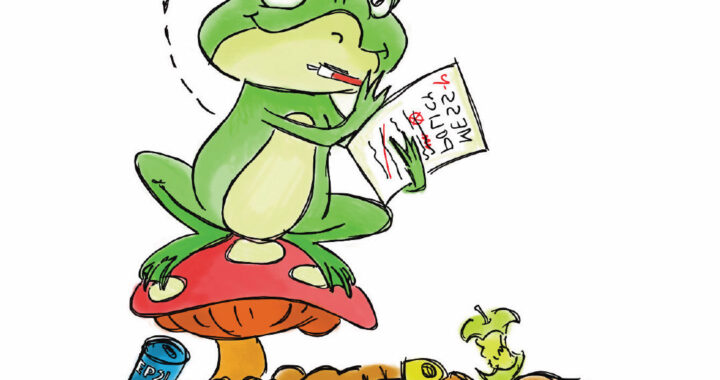 The Mess-y Situation
The Mess-y Situation 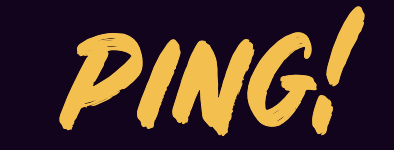 Ping! merges with Blogs@IIIT
Ping! merges with Blogs@IIIT 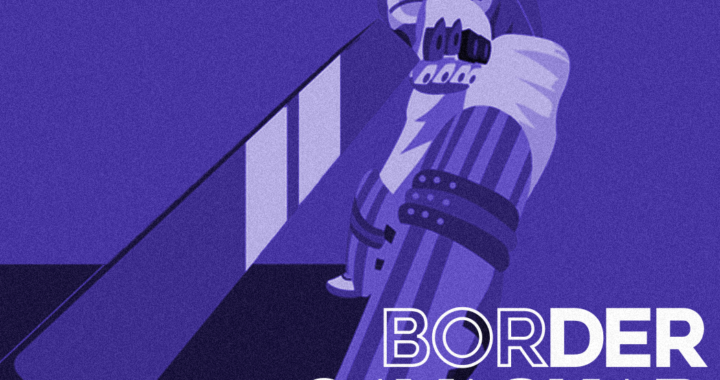 Cricket Corner: Looking Ahead to the Border-Gavaskar Trophy (Pt III)
Cricket Corner: Looking Ahead to the Border-Gavaskar Trophy (Pt III)  A perspective on sports in IIIT
A perspective on sports in IIIT 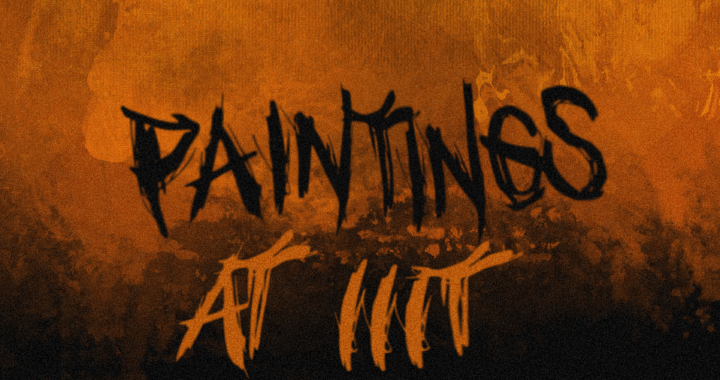 Paintings of IIIT
Paintings of IIIT 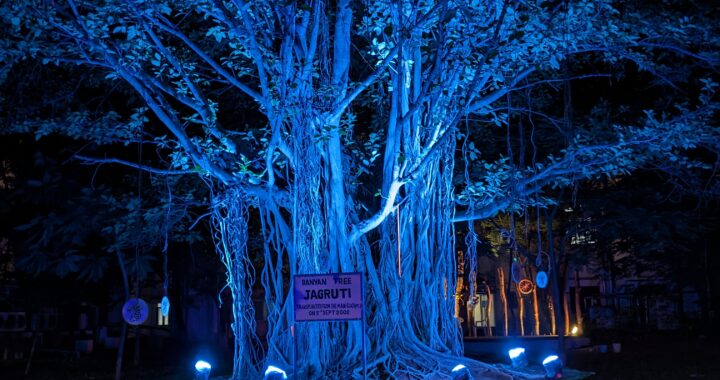 The Tale of Jagruti
The Tale of Jagruti  Cleaning up the Mess?
Cleaning up the Mess?